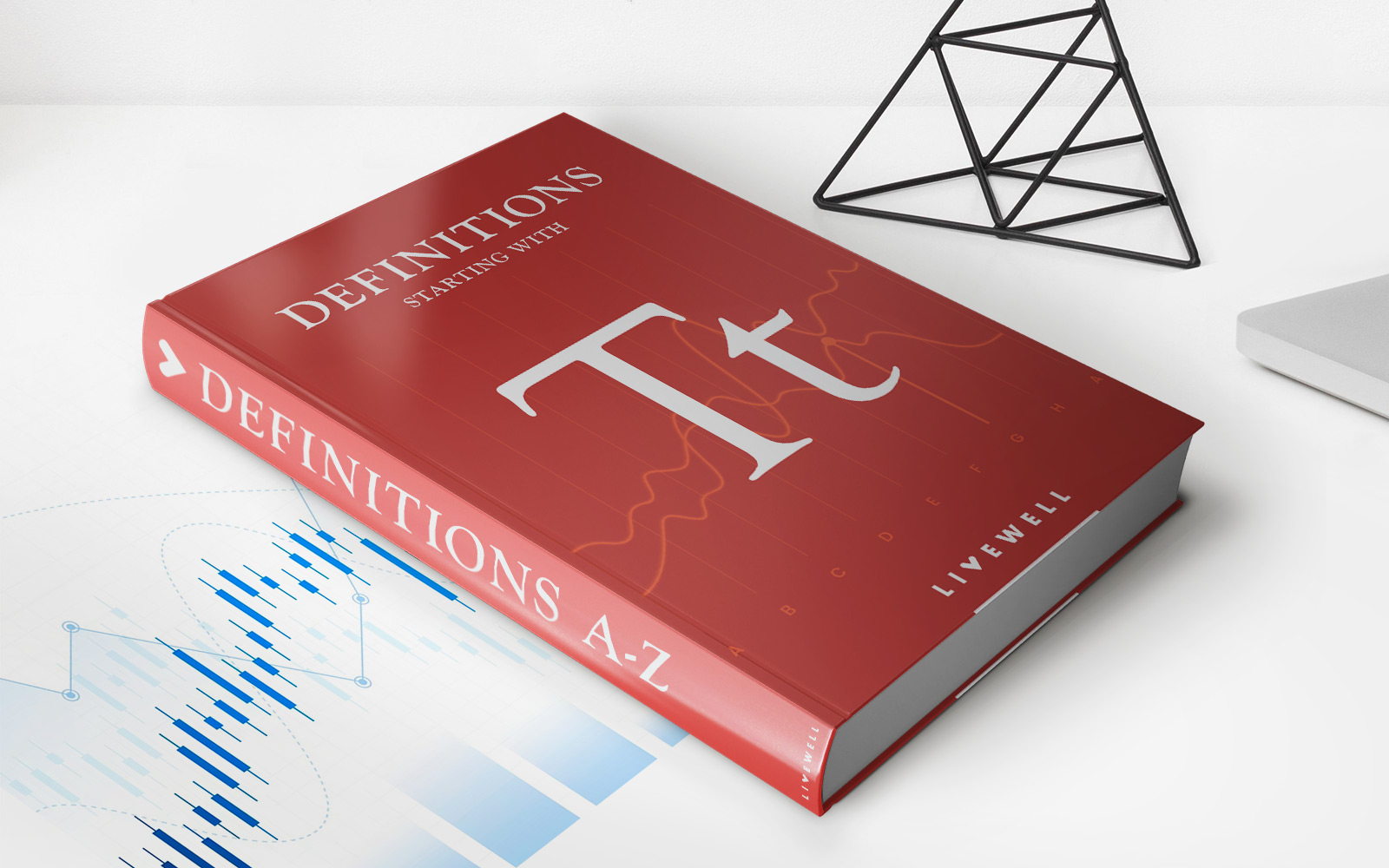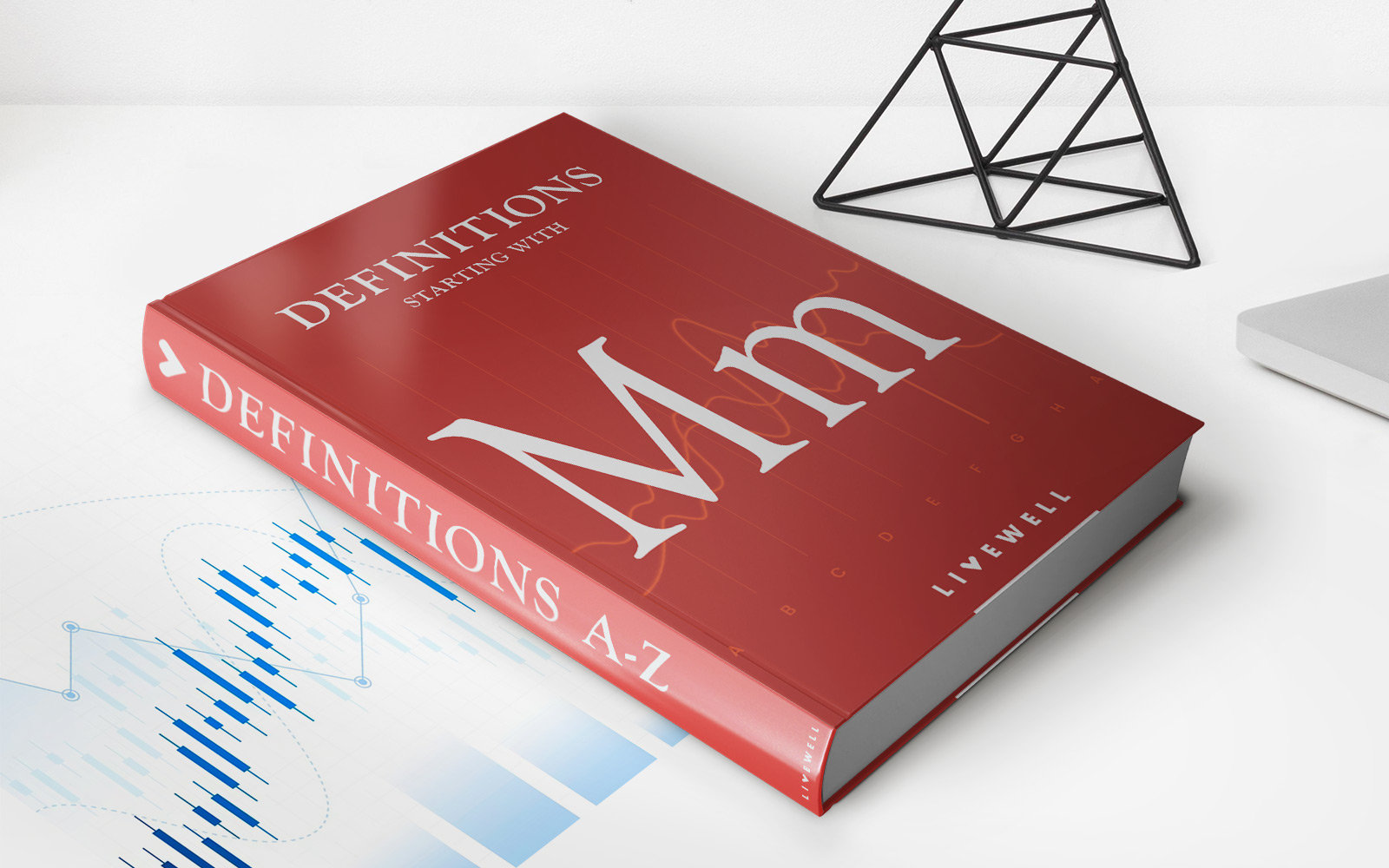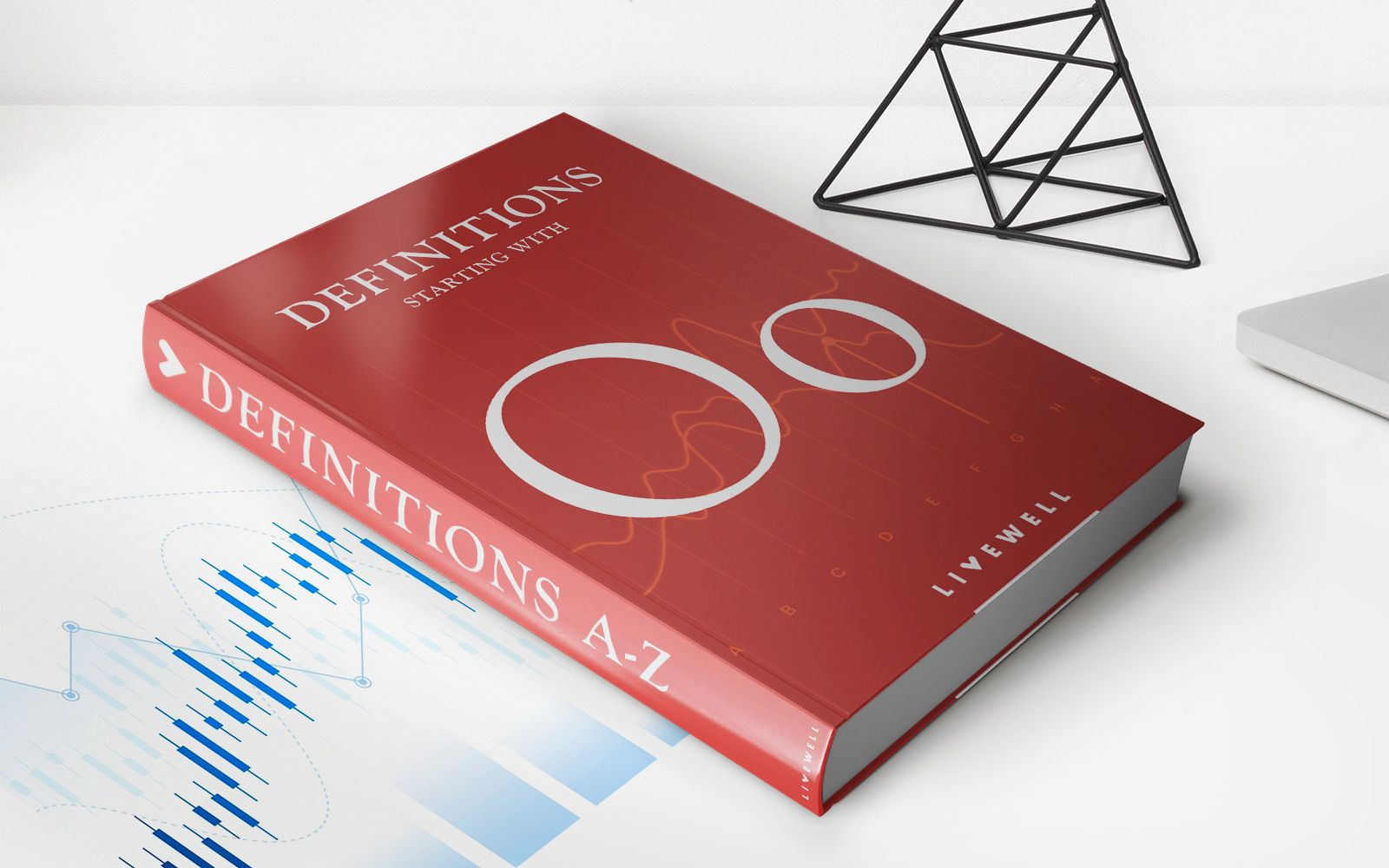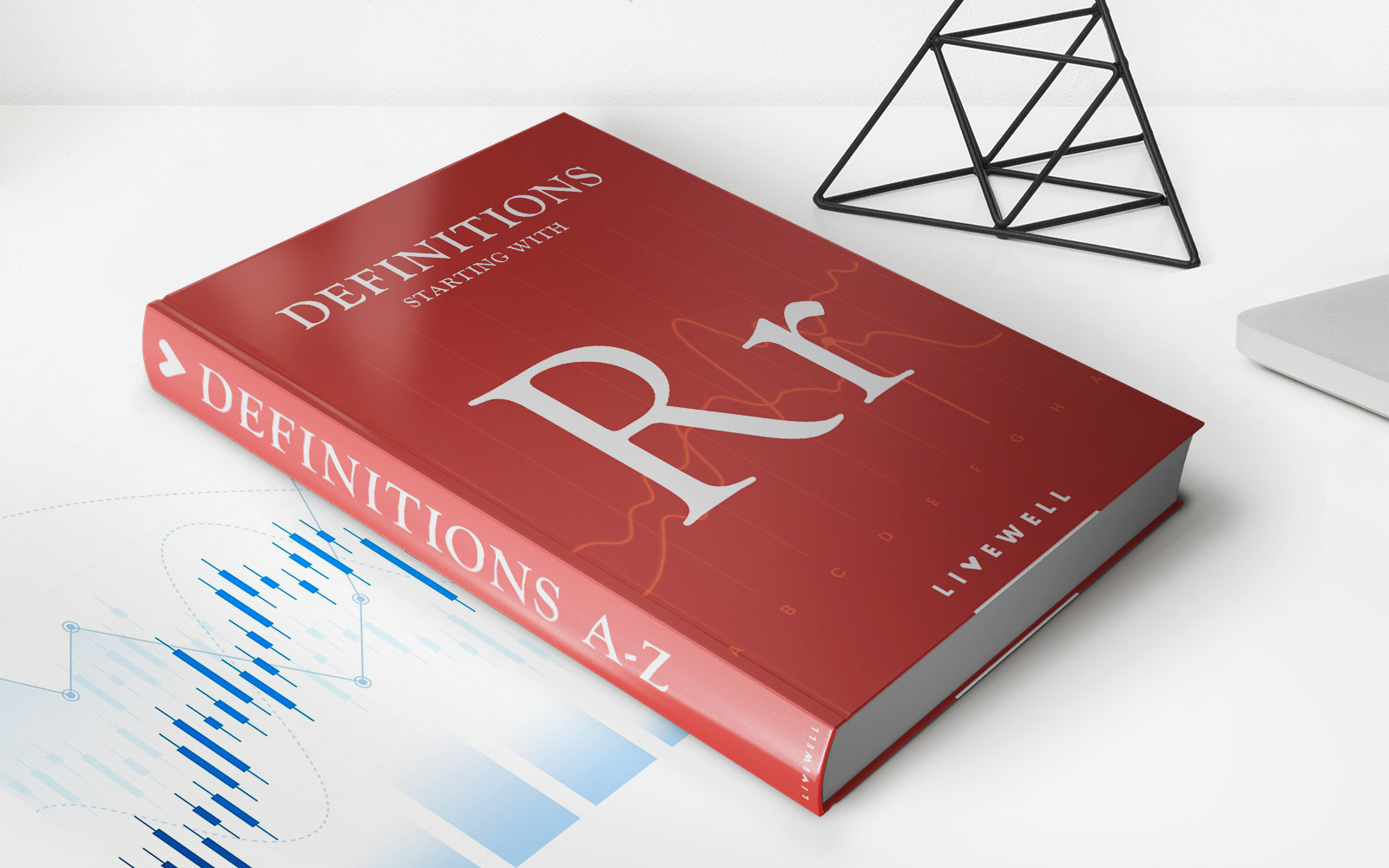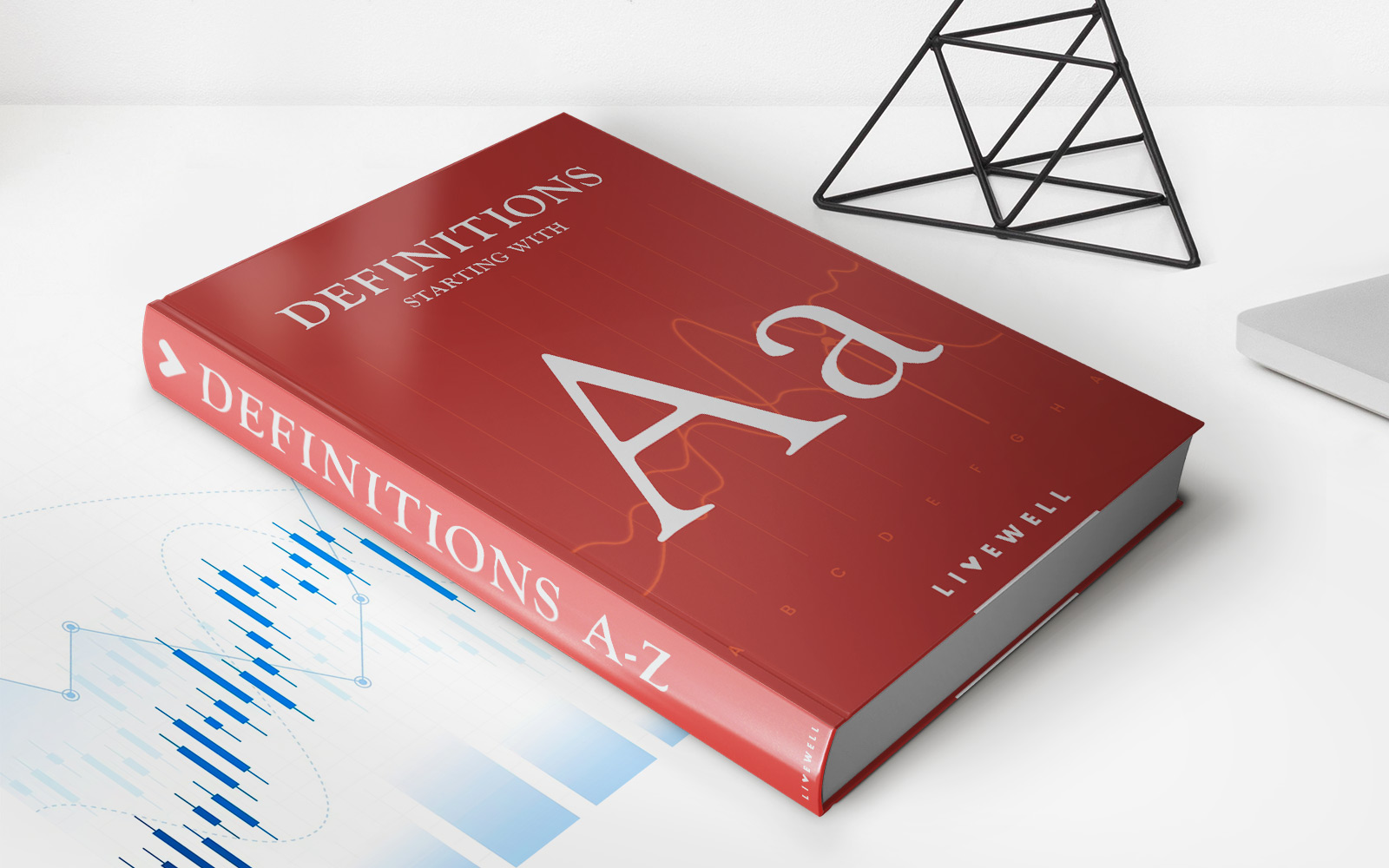Home>Finance>Open Order: Definition In Trading, How They Work, And Causes
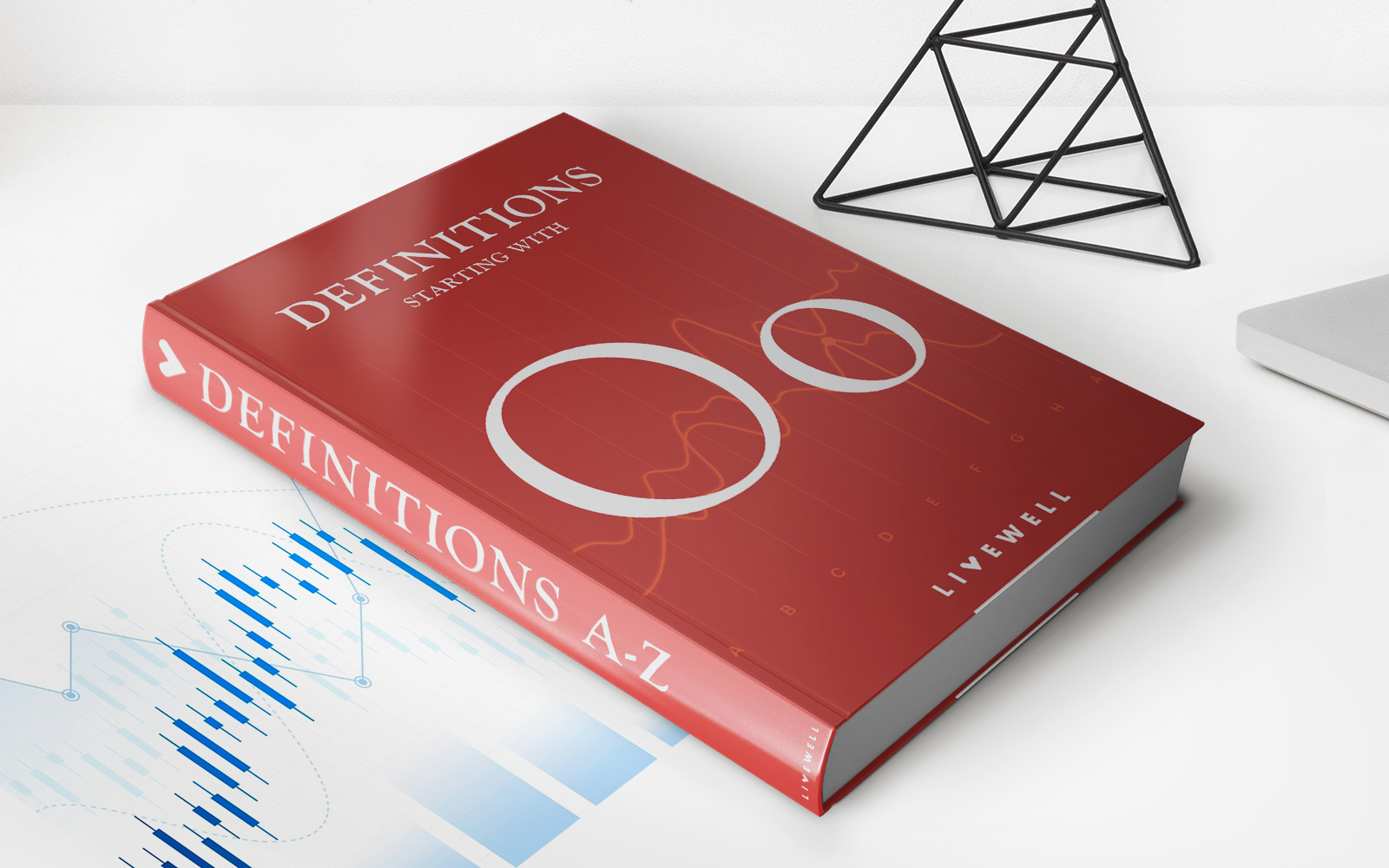

Finance
Open Order: Definition In Trading, How They Work, And Causes
Published: January 3, 2024
Learn about open orders in finance, their definitions, workings, and causes. Gain insights into how open orders impact trading strategies.
(Many of the links in this article redirect to a specific reviewed product. Your purchase of these products through affiliate links helps to generate commission for LiveWell, at no extra cost. Learn more)
Open Order: Definition in Trading, How They Work, and Causes
Welcome to our Finance blog, where we provide expert insights on various topics related to the world of finance. In this article, we will be diving into the concept of open orders in trading. If you’ve ever wondered what open orders are, how they work, and what causes them, you’ve come to the right place. Let’s explore this essential aspect of trading together!
Key Takeaways:
- An open order refers to a trade order that has been placed by an investor but has not yet been executed.
- Open orders are a common occurrence in trading and can be caused by factors such as market conditions, trading strategies, or specific instructions from investors.
Before we delve deeper into open orders, it’s important to understand what exactly they are. Simply put, an open order is a trade order that an investor places but has not yet been executed. When you submit a market order or a limit order, it becomes an open order until it is filled, canceled, or expires.
So, how do open orders work? Here are the key steps:
- An investor decides to buy or sell a particular stock or financial instrument.
- The investor submits a trade order to their broker, specifying the details of the trade, such as the quantity, price, and duration.
- The trade order becomes an open order and is recorded in the broker’s system.
- If the market conditions align with the specifications of the order, it gets executed, and the investor becomes a shareholder or realizes a gain or loss.
- If the market conditions do not match the order, the open order remains active until it is either canceled by the investor, expires, or gets executed at a later time.
Now, let’s explore what causes open orders in trading. Several factors can contribute to the existence of open orders:
- Market Conditions: volatile markets, gaps in price, or rapid fluctuations can lead to delays in order execution.
- Trading Strategies: some investors utilize advanced trading strategies that involve placing multiple orders simultaneously, creating a higher probability of open orders.
- Specific Instructions: investors may include specific instructions with their trade orders, such as a limit price, which can result in the order remaining open until the conditions are met.
Open orders are a natural part of trading, and traders and investors encounter them regularly. Understanding the concept of open orders and how they work can help you navigate the world of trading more effectively.
In conclusion, an open order is a trade order that has not yet been executed. They occur due to various factors such as market conditions, trading strategies, or specific instructions from investors. By familiarizing yourself with open orders, you can better manage your trades and make informed decisions in your trading journey.
Thank you for reading our Finance blog post. Be sure to check out our other articles for more valuable information on finance-related topics!

